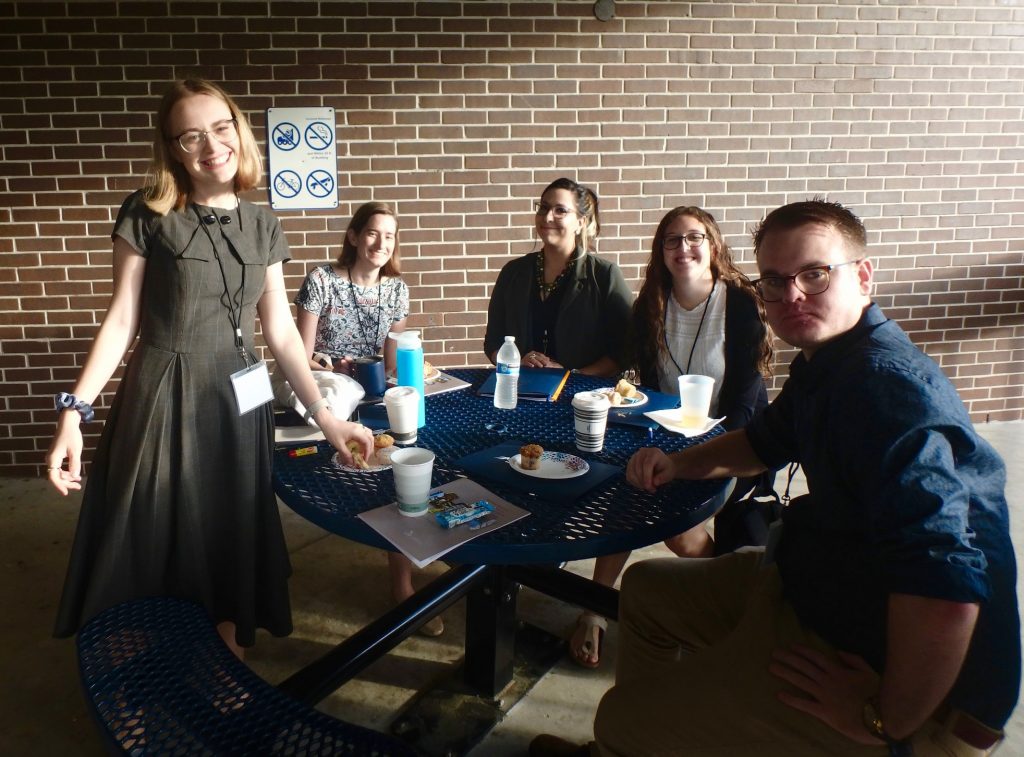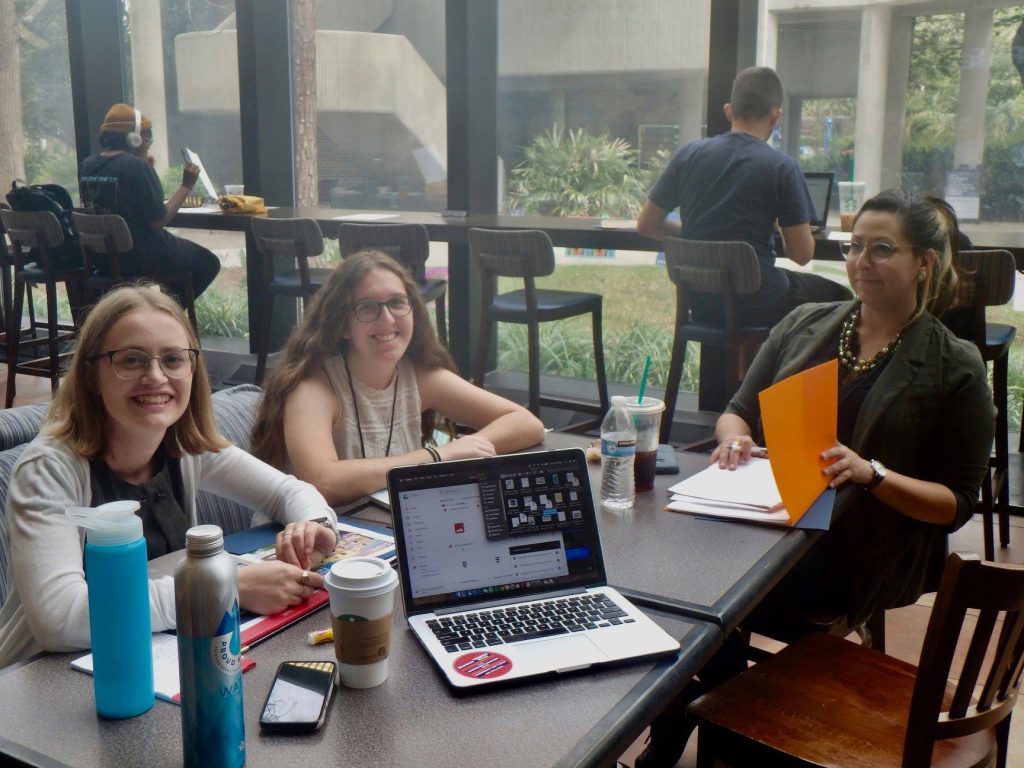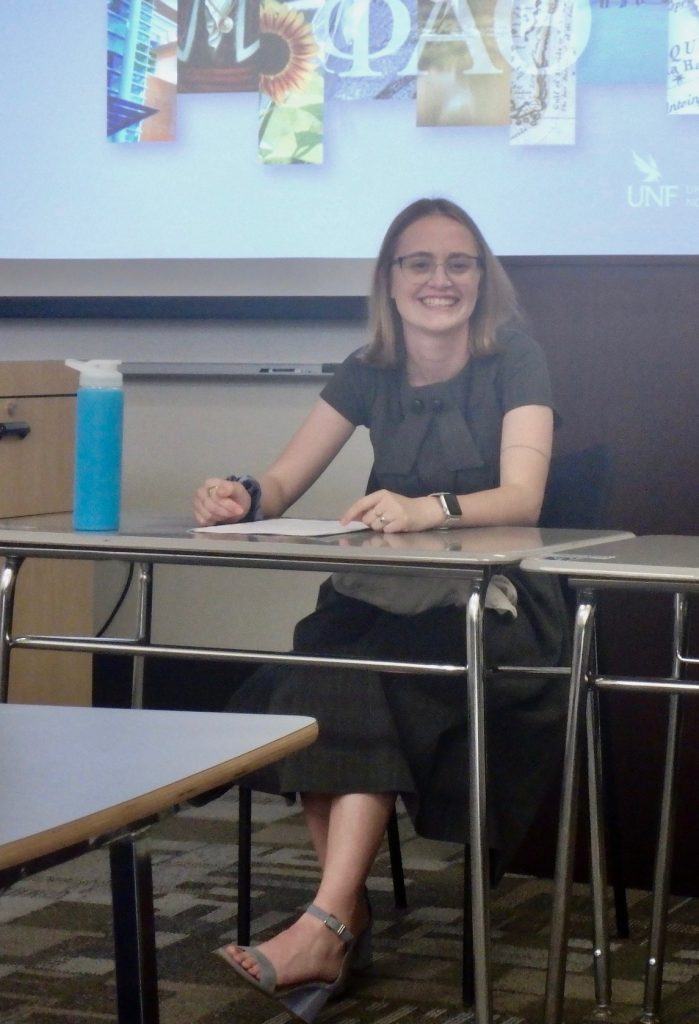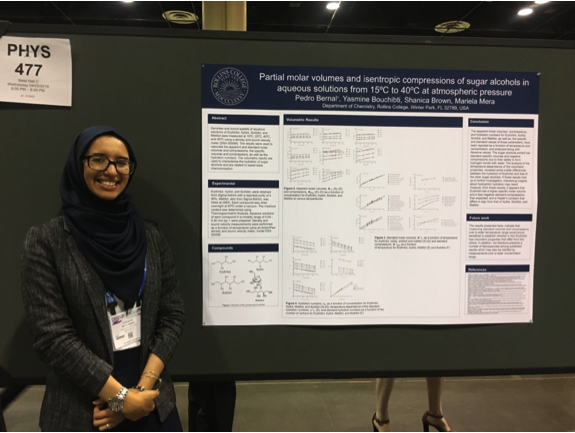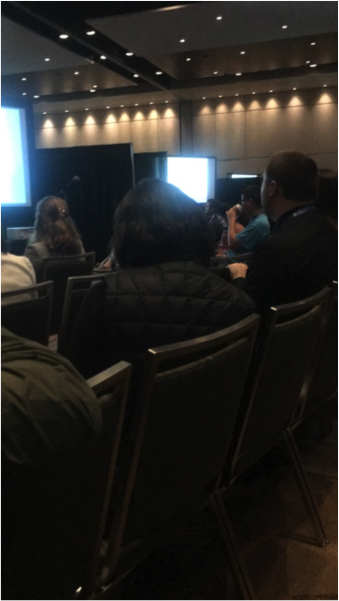Blog 2: May 23, 2019
And just like that, my volunteering journey in Morocco has come to an end. For the English lessons, this last week we simply did a general review of all the content we saw and completed several exercises just to make sure everything was learned well. It was very satisfying to see that the students had actually learned a lot, even if I was only there for three weeks. I was so glad I did not give up and back down from teaching English and that I took it as a personal challenge instead, because it was definitely a very rewarding experience. Saying goodbye to the students was very hard, especially as they told me that I was one of the best volunteers they’ve ever had and that they were going to miss me.
 Some of my students at the last day of teaching
Some of my students at the last day of teaching
Another emotional experience was saying goodbye to my host family. The hospitality with which they opened their home to me, and how they treated me was beyond incredible. Throughout my three weeks there I really bonded with them, specially my host brothers. This part of my time in Morocco was one of the most important ones, as it allowed me to experience the culture first-handedly and constantly. This was one of the main purposes of this trip, so I was very glad that the degree of immersion was a high one. Even though I was in Jordan for a few months before coming to Morocco, so I was familiar with Arab culture and Muslim customs, Jordan and Morocco are very different in many ways. Besides, getting to spend Ramadan in a Muslim country and while staying with a Muslim family was an unforgettable experience. Something I was particularly fond of was having iftar every night with the whole family. It was a beautiful time of bonding, sharing stories, and more. Probably what I will miss the most (besides the lemon and almond cookies enjoyed with mint tea while looking at the ocean, no explanation needed as to why that will be missed).
 View from the rooftop of my hostel in Tangier
View from the rooftop of my hostel in Tangier
I am so grateful for the SHIP Grant, as it allowed me to have this experience that is not only unforgettable in general terms, but also directly related to my academic and professional interests. I will miss Morocco like crazy, but I am excited to go to Jerusalem on the 28th and begin my summer internship. I shall return soon enough, though!
 One of the doorways in the area of the Hassan Tower in Rabat. Although astonishingly beautiful, the place isn’t swarmed by flocks of tourists (Rabat isn’t a very touristy city, which I appreciated a lot), so I went to this area very often after classes in order to plan out my lesson for the next day.
One of the doorways in the area of the Hassan Tower in Rabat. Although astonishingly beautiful, the place isn’t swarmed by flocks of tourists (Rabat isn’t a very touristy city, which I appreciated a lot), so I went to this area very often after classes in order to plan out my lesson for the next day.

 With some hostel friends at the Ouzoud Falls, the highest waterfalls in North Africa
With some hostel friends at the Ouzoud Falls, the highest waterfalls in North Africa Teaching at Le Féminin Pluriel
Teaching at Le Féminin Pluriel

